Optimal Timing for Waterproofing
Waterproofing is a critical process to prevent water intrusion and protect structures from moisture damage. Proper timing ensures the effectiveness and longevity of waterproofing systems, reducing the risk of costly repairs and structural issues.
Spring offers moderate temperatures and dry weather, ideal for applying waterproofing materials effectively.
Summer provides extended warm and dry conditions, allowing for thorough curing and adhesion of waterproofing products.
Applying waterproofing in fall helps prepare structures for winter, preventing water penetration during freezing temperatures.
Winter is generally unsuitable due to cold temperatures, snow, and increased moisture, which can impair application and curing processes.
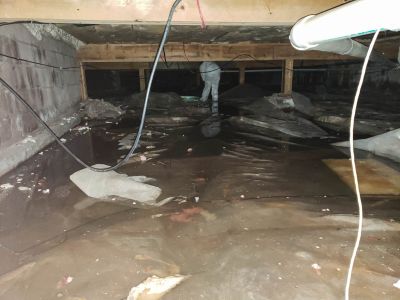
Ways to make Waterproofings work in tight or awkward layouts.
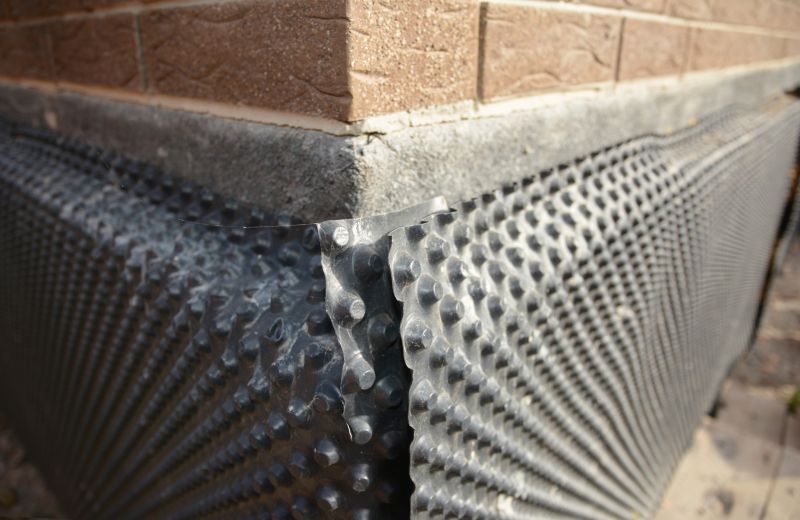
Popular materials for Waterproofings and why they hold up over time.
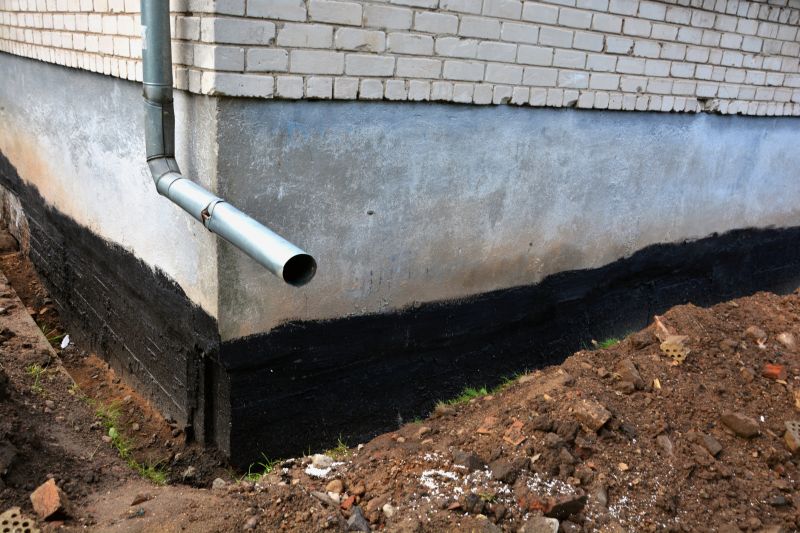
Simple add-ons that improve Waterproofings without blowing the budget.
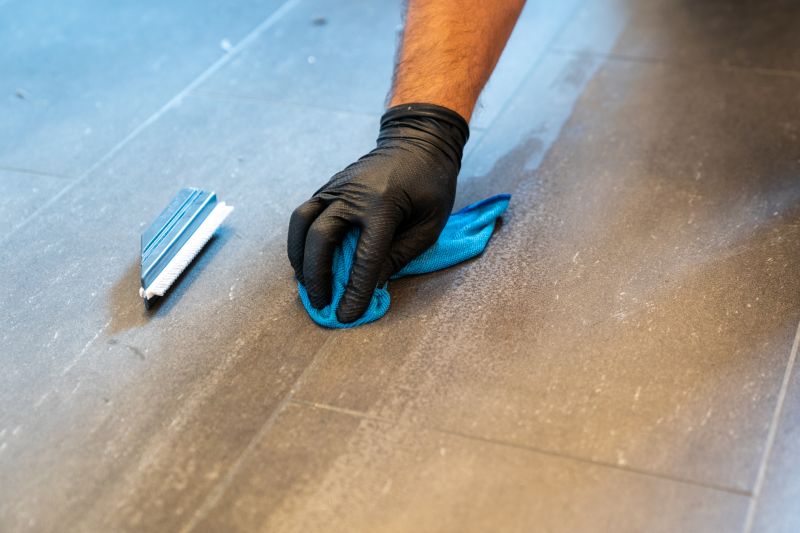
High-end options that actually feel worth it for Waterproofings.
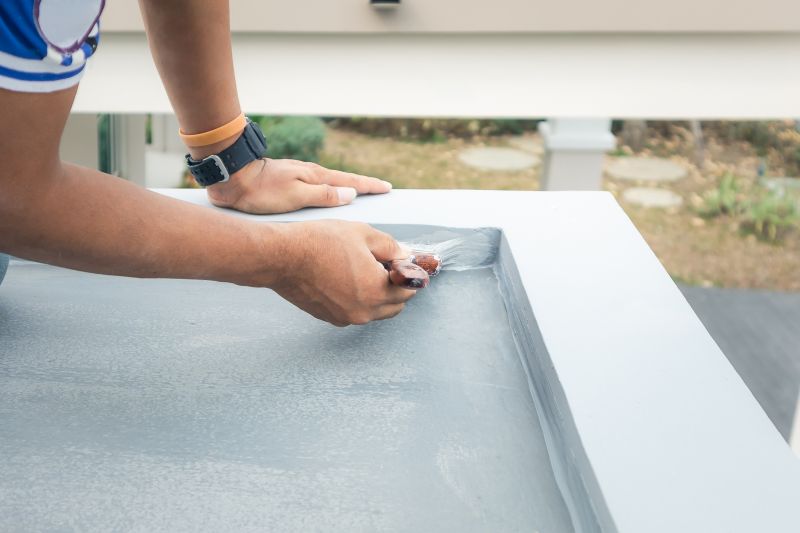
Finishes and colors that play nicely with Waterproofings.
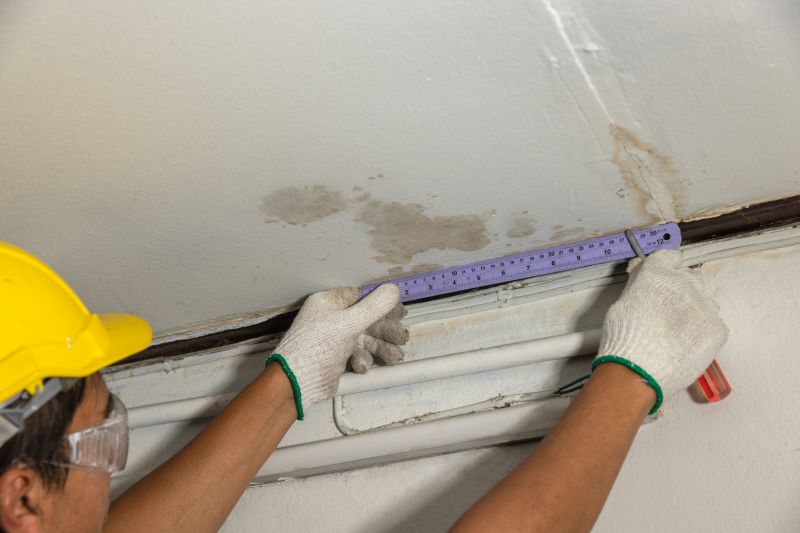
Little measurements that prevent headaches on Waterproofings day.
Waterproofings are essential for maintaining the integrity of foundations, roofs, and other structures exposed to moisture. They act as barriers to water infiltration, preventing damage such as mold growth, wood rot, and structural weakening. Modern waterproofing techniques include liquid membranes, sheet membranes, and sealants, each suited for different applications and climates.
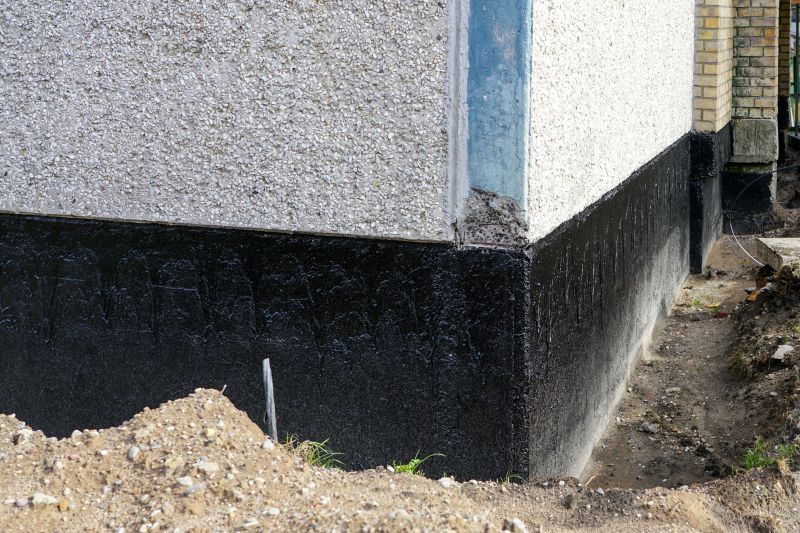
A 60-second routine that keeps Waterproofings looking new.
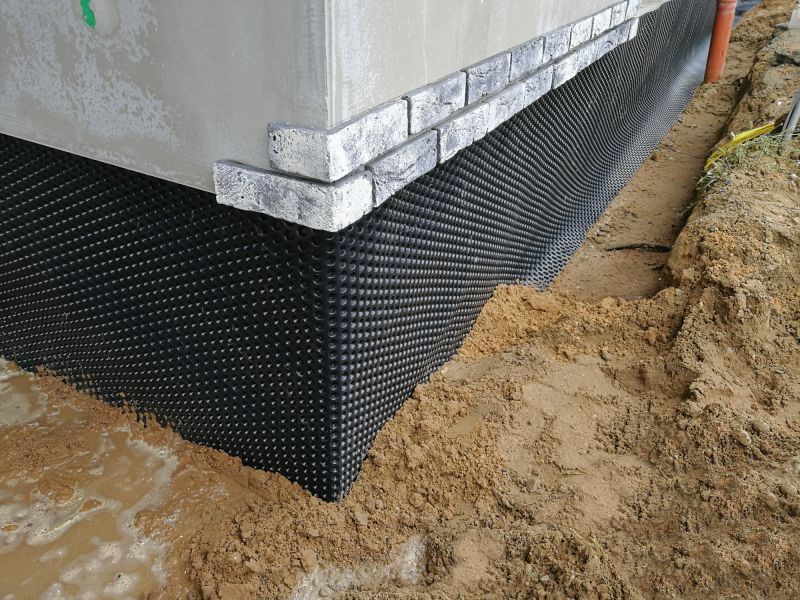
A frequent mistake in Waterproofings and how to dodge it.
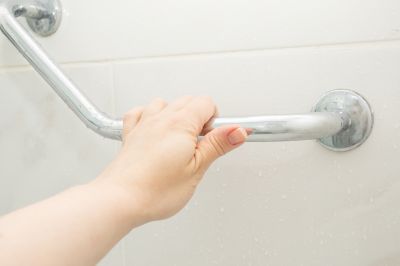
Small tweaks to make Waterproofings safer and easier to use.
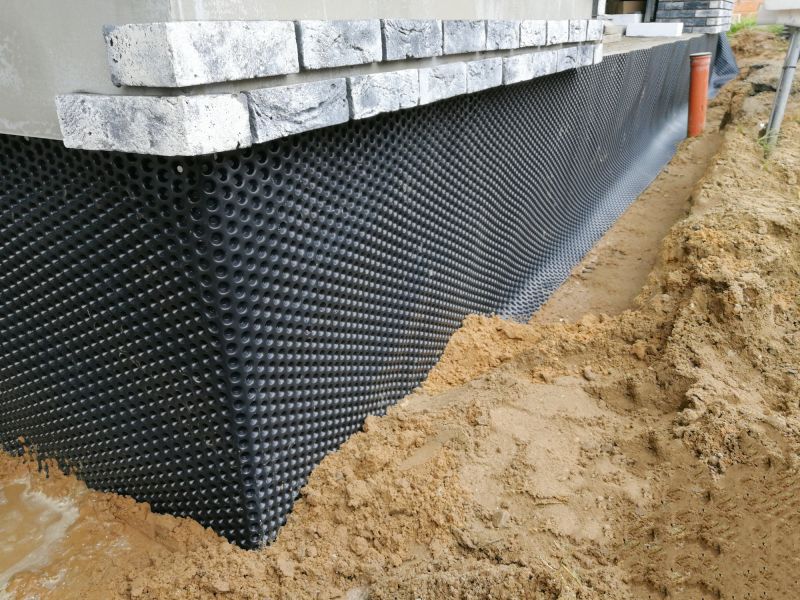
Lower-waste or water-saving choices for Waterproofings.
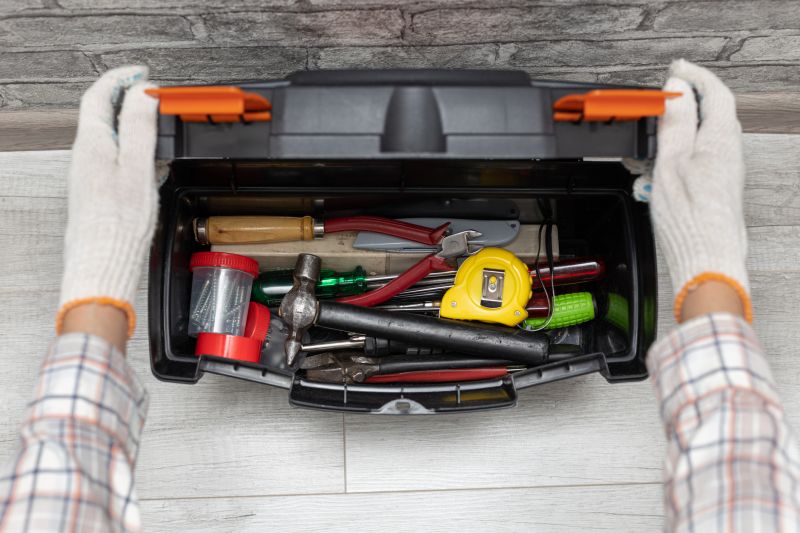
The short, realistic tool list for quality Waterproofings.
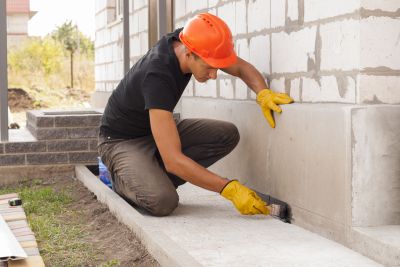
Rough timing from prep to clean-up for Waterproofings.
| Season | Suitability |
|---|---|
| Spring | Ideal for application due to moderate temperatures and dry conditions. |
| Summer | Excellent for curing and adhesion, especially in warm climates. |
| Fall | Good for preparing structures for winter, ensuring moisture protection. |
| Winter | Generally unsuitable due to cold, snow, and high moisture levels. |
Choosing the right time for waterproofing enhances the effectiveness and longevity of the system. Proper scheduling minimizes the risk of water intrusion, reduces maintenance needs, and ensures structural safety. Consulting with waterproofing professionals can help determine the optimal season based on local climate conditions.

